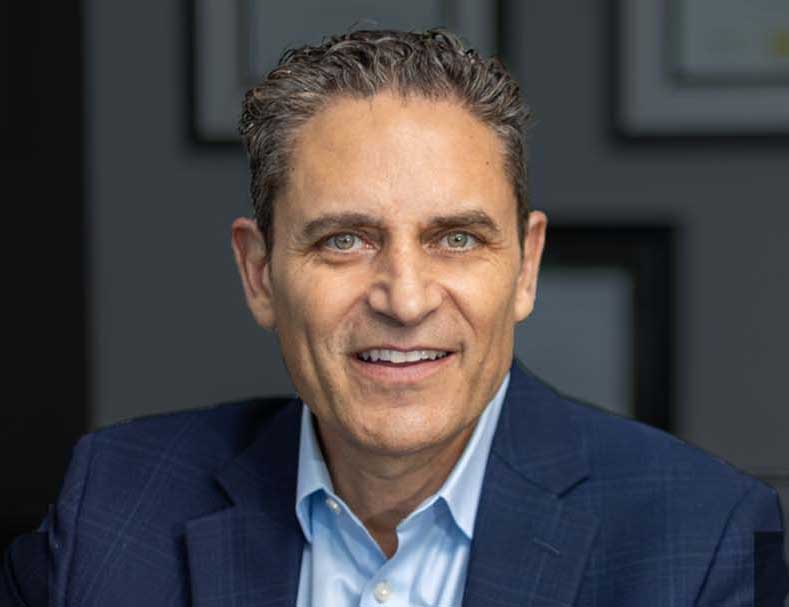Thanks for Visiting JeremyKisner.com
Jeremy is now a Partner and Wealth Advisor at Corient, where he heads up the Phoenix/Scottdale office.
Corient is one of the largest RIAs in the United States with 236 partners and more than 1,300 colleagues all acting as fiduciaries for our clients. The firm manages over $147 billion for over 10,000 high, and ultra-high net worth clients.
